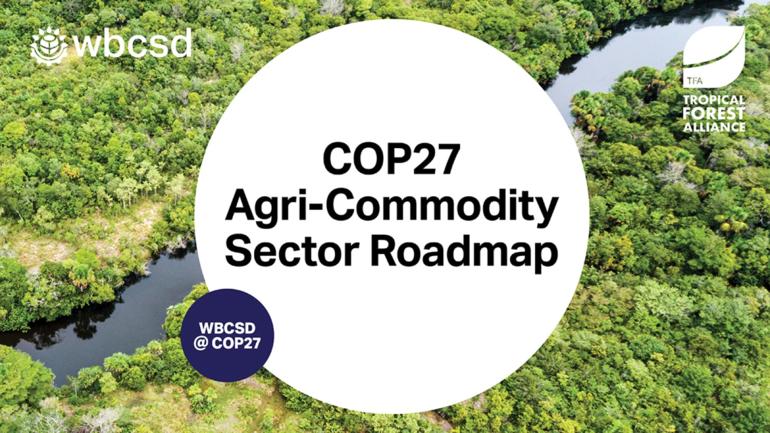Geneva, 10 July 2018: It includes an understanding of consumers and future trends, diving into opportunity areas for the private sector to drive transformational change accordingly. And the role of innovation, proactive self-regulation and engagement. Not only is one third of food produced lost or wasted and 40% of agricultural soil degraded, 800 million people are also undernourished while food insecurity generates civil unrest. In addition, two billion adults are overweight, leading to increased health care costs and a rise in noncommunicable diseases in both the developing and the developed world. Fixing this broken system will require a full-scale transformation. We need to provide healthy, enjoyable diets for all while contributing to socioeconomic development and minimizing (and eventually eliminating) environmental impacts and waste. And while we acknowledge that business has played a key role in these systems both on the positive and the negative side, businesses are joining forces to transform them.
In order to identify best practices to address the consumption challenges listed above and to improve the value chain, a joint program has been established between EAT and WBCSD: Food Reform for Sustainability and Health (FReSH). It is designed to accelerate transformational change in global food system, ensure healthy, enjoyable diets for all, and provide foods that are produced responsibly within planetary boundaries. Besides the societal and environmental urgency, improving food systems also provides a significant global business opportunity: A worldwide food and agriculture system in line with the Global Goals has an estimated value potential of over USD$ 2.3 trillion at current prices.
Led by the workstream leaders from The Boston Consulting Group (BCG), Kellogg’s and Sonae, this report assesses people’s food behaviors, their preferences, and how they select food, showing that while several patterns can be categorized, there is no clear and objective way to project the behavior at any given moment. Several influencers are furthermore identified, which play a critical role – sometimes from a very early point in our lives.
While those influencers are very important to understand how to drive transformational change, this report also assesses barriers - namely affordability, accessibility, and food safety - that prevent a shift towards a more healthy and sustainable diet.
Looking into the future, seven major trends foreseen by our member companies are summarized, which will guide food consumption in the near future. Based on those findings and the identified trends, this report proposes three opportunity areas for the private sector to accelerate businesses’ contribution towards a positive change of the food system: (i) innovation (ii) proactive self-regulation and (iii) shaping demand by engaging with people in the right way and gives examples of current initiatives and projects moving in that direction.








